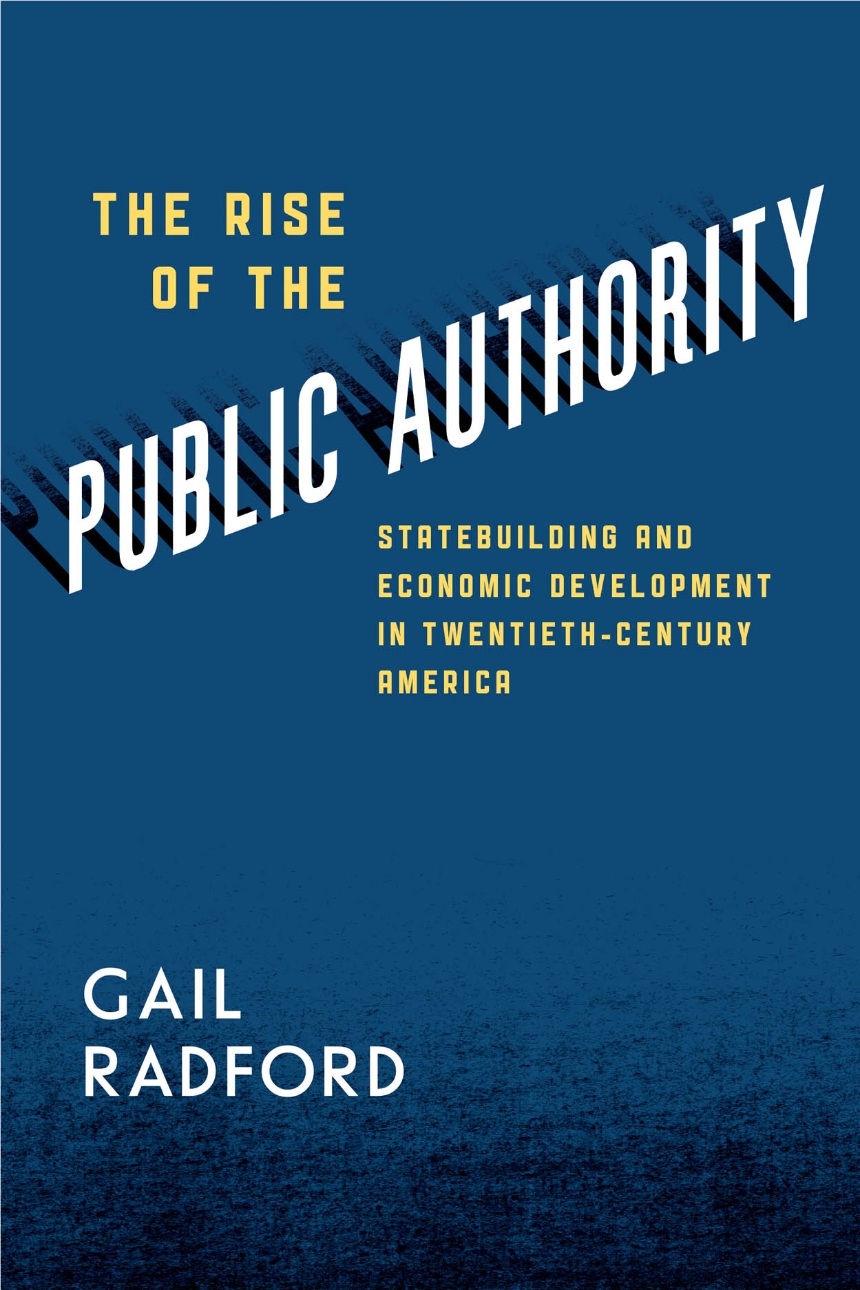The Rise of the Public Authority
Statebuilding and Economic Development in Twentieth-Century America
The Rise of the Public Authority
Statebuilding and Economic Development in Twentieth-Century America
232 pages | 5 halftones, 3 line drawings, 1 table | 6 x 9 | © 2013
Economics and Business: Economics--History
History: American History
Political Science: American Government and Politics
Reviews
Table of Contents
Acknowledgments
Introduction
1. The Campaign for a Federal Fleet Corporation
2. The Creation of the Federal Land Banks
3. Municipalities Struggle to Meet New Needs
4. The Truncated Career of Autonomous Federal Agencies
5. The Federal Government Promotes Public Authorities
6. Public Authorities since the Second World War
Epilogue. The Future of Public Authorities
Appendix. Federal Corporate Agencies
Notes
Index
